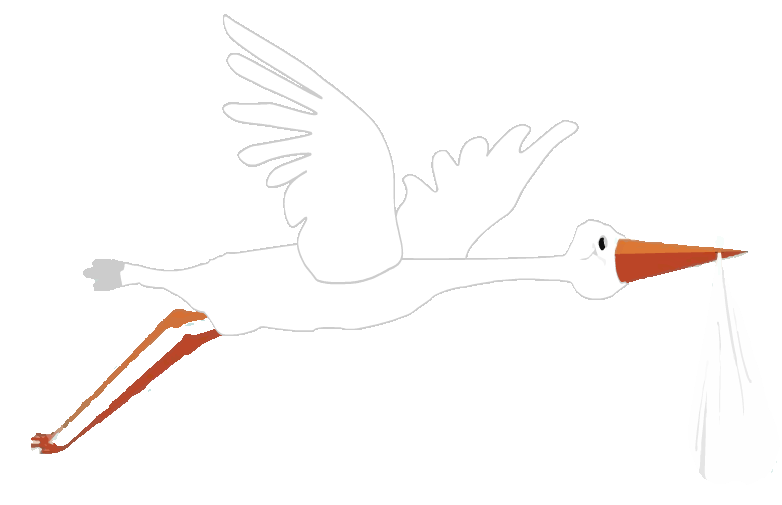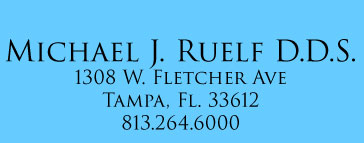Infancy FAQ’s
When Should I Schedule My Infant’s First Visit?
We typically recommend that you visit us once the first tooth erupts or no later than than your baby’s first birthday. In our experience, making this first appointment is the best thing you can do to ensure your child maintains proper oral health. We encourage both parents to be present during their child’s first dental visit.
The American Academy of Pediatric Dentistry recommends a “Dental Home” begin no later than one year of age. This recommendation is asking for a relationship between parents, child and Pediatric Dentist be established that would be inclusive of all aspects of oral health. To be specific, a discussion of the following would ensue: brushing, nutrition, tooth eruption, developmental milestones, caries risk assessment and anticipatory guidance.
In initiating this “Dental Home” early it is felt that we can truly prevent the caries process and guide you and your child to many years of being caries free.
Depending on our findings at the initial visit will determine on what frequency your child will return for routine prophylaxis, fluoride treatments and radiographs. The normal recall is for every six months but it may be recommended to come more frequently or less.
What Will My infant’s First Appointment Consist Of?
This early appointment will prove so valuable for both you and your child! First, a review of your child’s medical and dental history will be performed and collected. Next, we will perform an intraoral examination that screens for decay, proper development of jaws and teeth, and the presence of other oral diseases. If necessary, a “Caries Risk Assessment” will be obtained.
During your infant’s first appointment, your family will be provided valuable information on how you can ensure you’re doing the best job at home of correctly maintaining your child’s oral hygiene. You will also receive personalized instructions on how best to clean your child’s teeth, what products are right for your baby, proper nutritional guidelines, recommended fluoride levels, and learning what to do in the event of an injury to your child’s teeth. Based on our findings, “anticipatory guidance” and periodicity of visits will be discussed.
How Should I Clean My Infant’s Mouth?
Whether your child is breast or bottle fed, be sure to clean properly after every feeding. To do so, wipe the gum pads, new teeth, under the tongue, and inside the cheeks, with a clean washcloth, moist gauze pad, or gentle finger. Be sure to also inspect the mouth, taking care to look for any significant changes in the color or depth to the tooth surfaces and be sure to report such findings to Dr. Ruelf upon detection. Once the teeth are visible, use a moist, soft bristle brush to begin cleaning them.
How Can I Prevent Tooth Decay While Feeding My Child?
It is important to remember that tooth decay is caused when bacteria in the mouth are exposed to sugar. Prolonged exposure of an infant’s teeth to liquids that contain sugar, such as both bottle and breast milk, formula or sweetened drinks, can lead to tooth decay.
Therefore, your child should not sleep with a bottle containing any of these liquids. If your child does need a bottle to sleep, fill it with water only. Care should be taken after each feeding to cleanse the mouth of residual sugars. Also, remember that the bacteria which cause cavities can be spread by sharing utensils, pacifiers, toothbrushes, or any other potentially contaminated surface exposed to your child’s mouth.
How Can I Relieve The Pain My Child Experiences When Teething?
During teething, some babies may express discomfort due to soreness or tenderness of the gums. You can relieve this pain by gently rubbing your cleaned finger or washcloth over the affected area. You may also provide your child a clean teething ring that can be chewed to provide a similar degree of relief. If your child still experiences discomfort, contact your physician or Pediatric Dentist.
If your child experiences an unusually high or persistent fever during teething, call your physician.




